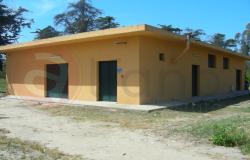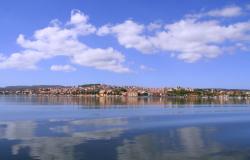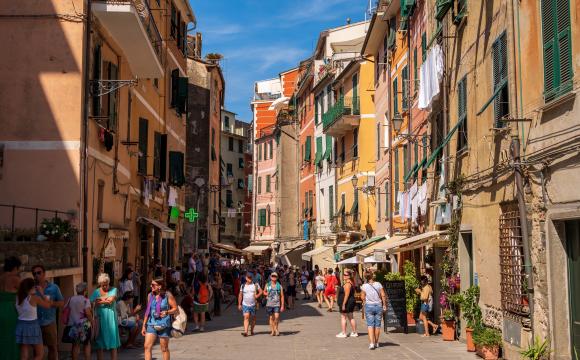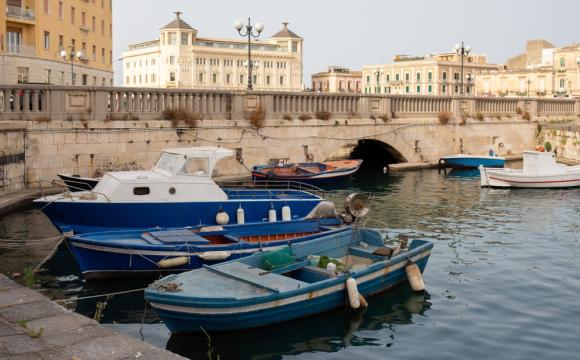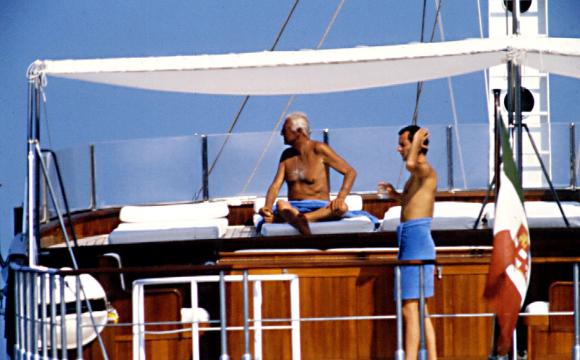Archaeologists in Sardinia said Thursday they have found the port of the Phoenician city of Tharros, held by some to be the ancient people's most important colony in the Mediterranean after Carthage.
Researchers from the University of Cagliari and Sassari found the submerged port in the Mistras Lagoon, several kilometres from the city ruins.
Excavations have long been going on at the site of the city itself, on a peninsula overlooking the Bay of Oristano in western Sardinia, but this is the first time its waterfront has been located despite almost two centuries of hunting.
As well as an impressive sandstone wall 100 metres in length and four metres in width, the archaeologists discovered a basin carved in the rock, similar to Carthage's man-made, protected inner harbour.
A rectilinear waterfront stretches for 225 metres with a 190-metre jetty and there is a 50-metre-long approach canal for ships, the researchers said.
The city of Tharros was founded in the eighth century BC. The Phoenicians were an ancient maritime trading people who formed a massive commercial empire across the Mediterranean from their bases along the coast of modern-day Lebanon, Syria and Israel.
The city was later populated by the Romans before being destroyed by Saracen raiders in the tenth century AD.
Among the Italian cities the Phoenicians founded is today's capital of Sardinia, Cagliari, and the Sicilian capital Palermo.
Other colonies included Cadiz and Malaga in Spain and Tangiers in Morocco.

